To provide the best experiences, we use technologies like cookies to store and/or access device information. Consenting to these technologies will allow us to process data such as browsing behaviour or unique IDs on this site. Not consenting or withdrawing consent, may adversely affect certain features and functions.
The technical storage or access is strictly necessary for the legitimate purpose of enabling the use of a specific service explicitly requested by the subscriber or user, or for the sole purpose of carrying out the transmission of a communication over an electronic communications network.
The technical storage or access is necessary for the legitimate purpose of storing preferences that are not requested by the subscriber or user.
The technical storage or access that is used exclusively for statistical purposes.
The technical storage or access that is used exclusively for anonymous statistical purposes. Without a subpoena, voluntary compliance on the part of your Internet Service Provider, or additional records from a third party, information stored or retrieved for this purpose alone cannot usually be used to identify you.
The technical storage or access is required to create user profiles to send advertising, or to track the user on a website or across several websites for similar marketing purposes.
 According to new research from Tiger Recruitment, UK businesses still aren’t offering workers enough flexibility. While the pandemic has required many to work more flexibly from home, more than a quarter of employees questioned say they still aren’t happy with the flexible working options available to them, and men are just as dissatisfied as women. (more…)
According to new research from Tiger Recruitment, UK businesses still aren’t offering workers enough flexibility. While the pandemic has required many to work more flexibly from home, more than a quarter of employees questioned say they still aren’t happy with the flexible working options available to them, and men are just as dissatisfied as women. (more…)






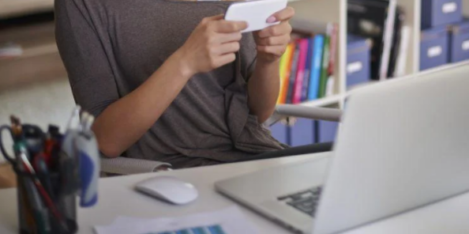



 Earlier this month, in a sudden and unexpected turn of events, the prime minister’s chief adviser, Dominic Cummings, walked out of 10 Downing Street for the last time, having resigned/been asked to leave, depending on whose account of the episode you believe. However, the affair unfolded in reality, it seems clear that the departure of Cummings and Director of Communications, Lee Cain, was precipitated by workplace conflict and a series of internal disagreements, which had pushed their relationships with certain colleagues to breaking point.
Earlier this month, in a sudden and unexpected turn of events, the prime minister’s chief adviser, Dominic Cummings, walked out of 10 Downing Street for the last time, having resigned/been asked to leave, depending on whose account of the episode you believe. However, the affair unfolded in reality, it seems clear that the departure of Cummings and Director of Communications, Lee Cain, was precipitated by workplace conflict and a series of internal disagreements, which had pushed their relationships with certain colleagues to breaking point. 
 The
The 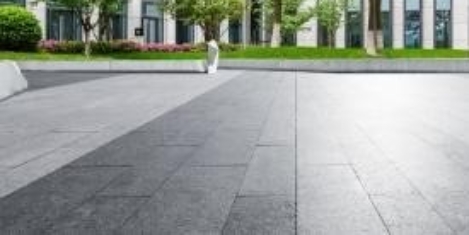
 A new scheme for rating the operational energy efficiency of UK offices, NABERS UK, has been launched.
A new scheme for rating the operational energy efficiency of UK offices, NABERS UK, has been launched. 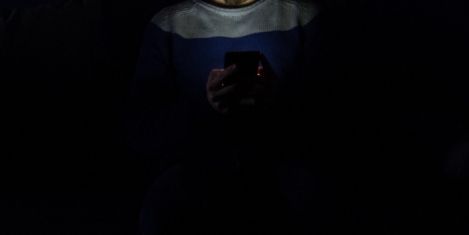
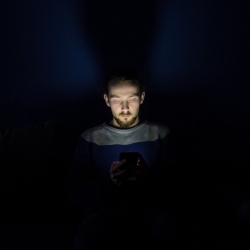 A lack of balance through lockdown has been felt most dramatically by Brits living in house shares according to new research released by
A lack of balance through lockdown has been felt most dramatically by Brits living in house shares according to new research released by 
 The location of a potential employer’s workplace is becoming more important to workers – despite a surge in people working remotely, according to outplacement firm
The location of a potential employer’s workplace is becoming more important to workers – despite a surge in people working remotely, according to outplacement firm 
 The pandemic has seriously altered how we work. According to statistics published by the
The pandemic has seriously altered how we work. According to statistics published by the 
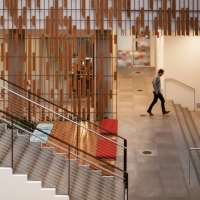 The UK’s digital skills gap could pose a risk to economic recovery, new research from
The UK’s digital skills gap could pose a risk to economic recovery, new research from 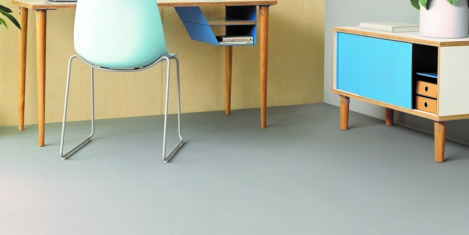
 Poise by Bisley is part of the new Belong collection, which has been developed to transcend both the traditional office and homeworking environments. The Poise range consists of a variety of desking and table options, which can either be used as stand-alone pieces of furniture or sit together to form a cohesive office setting. Calling on Bisley’s heritage in workplace innovation, all have been designed in response to the events of 2020, seamlessly adapting to fit either the home or a commercial office environment.
Poise by Bisley is part of the new Belong collection, which has been developed to transcend both the traditional office and homeworking environments. The Poise range consists of a variety of desking and table options, which can either be used as stand-alone pieces of furniture or sit together to form a cohesive office setting. Calling on Bisley’s heritage in workplace innovation, all have been designed in response to the events of 2020, seamlessly adapting to fit either the home or a commercial office environment. 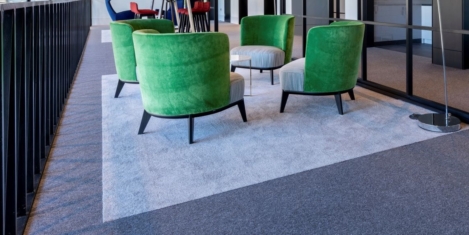
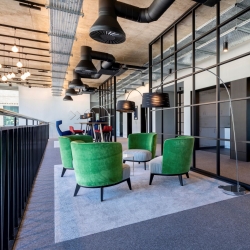 Workplace design and fit out company Area has become a founding member of
Workplace design and fit out company Area has become a founding member of 








December 2, 2020
Creative firms have most to lose from a loss of serendipity
by Gary Chandler • Comment, Workplace design